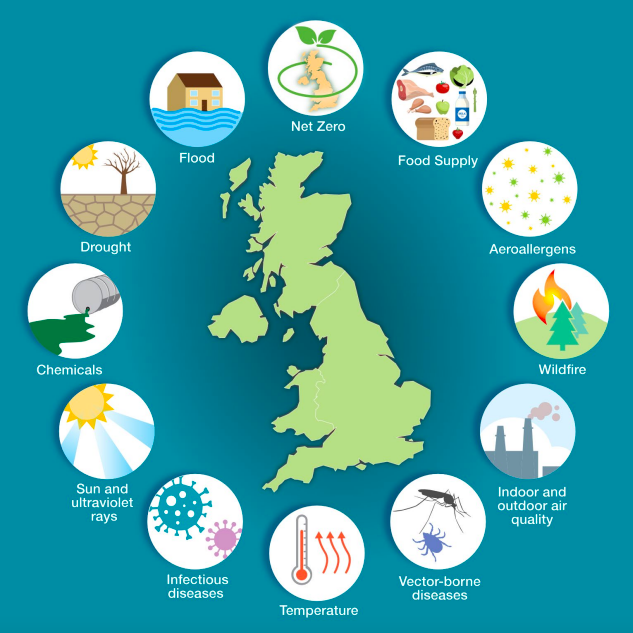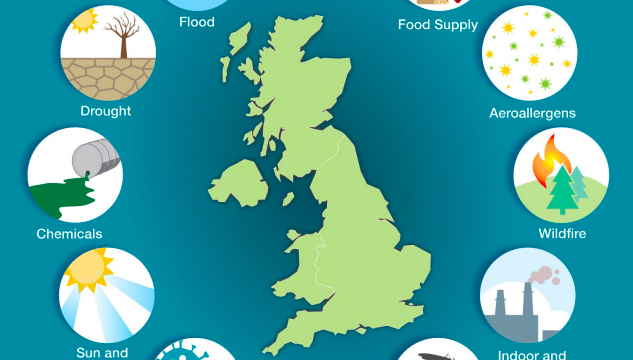UK Health Security Agency , 2023

Chapter 6 of the Health Effects of Climate Change (HECC) in the UK: 2023 report. The results presented in this chapter highlight the relationship between aeroallergen species and climate, with several implications for public health. Firstly, earlier and prolonged pollen seasons may increase population exposure to airborne spores and extend the allergy season, meaning that hay fever and allergy sufferers may suffer symptoms earlier and for longer periods of the year. These trends will be highly variable by region and species; therefore, aeroallergen forecasting, preparedness, and response will need to be highly localised. For example, local health organisations should provide information in locally appropriate ways, outlining the risks, protective behaviours and support. Communication pathways should also exist to warn and inform residents, in addition to professionals. Secondly, it is possible that where temperatures reach levels high enough to cause pollen-producing species to wither or die, this will result in reduced aeroallergen exposure resulting in fewer hay fever and allergy symptoms. This is most likely in the south and west regions of England and at higher levels of warming.
Published In: UKHSA (2023). Health Effects of Climate Change (HECC) in the UK: 2023 report



